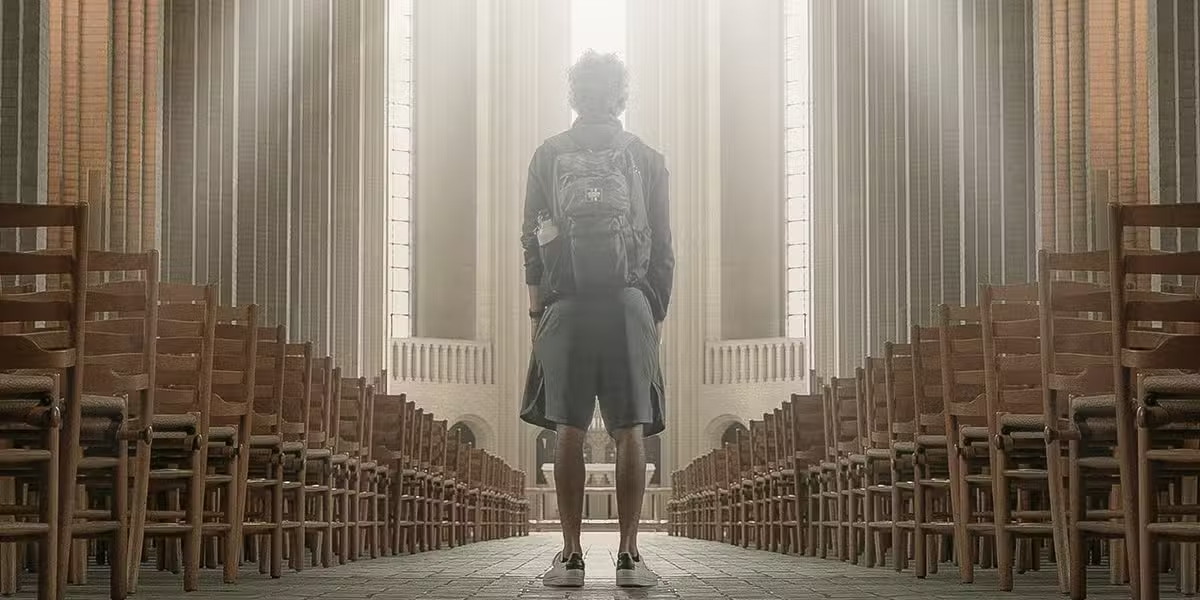The celebration of Christmas can be meaningless and maddening, especially if you don’t have access to its deep layers of history and symbolism. You may feel frantic looking for gifts, rather than understanding that gift-giving is a way of being in family, friendship, and community, and that Christmas is a time for modeling a Utopian gift economy.
You may feel that Christmas is a license to eat and drink too much, and yet the idea of transcending ordinary limits has been part of solstice celebrations for hundreds of years. You don’t have to go to literal extremes, but you can stretch your personal rules, based on the idea of liminal time, a period of days or weeks set aside to celebrate an important aspect of life. You could aim for a paradoxical “moderate excess.”
It would be better to enter the spirit of the liminal rather than fight it. Step outside of ordinary time: be of good cheer, give some real gifts, make some good food, and spend more time than usual with friends and family. The best way to deal with the exhaustion of the holidays is not to withdraw but to enter them thoughtfully.
Sing the carols, knowing that this is the expression of angels, mysterious separate beings who represent the invisible factors that influence all our lives. Decorate a tree, knowing that its symbolism reaches deep. String some lights, appreciating that light is the main theme of the season.
Christmas is a holy time that invites you to reflect on the most important issues in life, especially escaping the darkness of ignorance and arriving at the light of new understanding and possibility. It ritualizes the birth of your soul. Remember that ritual is an ordinary action carried out with special attention to its poetics that has far greater significance than would appear
For me, personally, Christmas has many rich layers: warm memories of my family from childhood; the brilliant, lighted and festive Christmas Mass; carols and other music associated with the season and somehow of the highest quality; and the theology of incarnation—living a spiritual life deep in the ordinary world.
For our lives, incarnation means being focused on the spiritual and the eternal but bringing that focus deep into life. It also means having the capacity to be both carnal and spiritual, in love with life and yet able to connect with the eternal and the divine. This is really the heart of the Christmas theological message: Live in two worlds that overlap but are distinct. Don’t be a materialist, but don’t sacrifice your ordinary physical life for any spiritual ideal. Be lowly and lofty.
This teaching, like all good theology, is not aimed only at those who dedicate themselves to the Gospel teaching, but to all people, from believers to skeptics. I wish that those who associate Christmas too closely with Christianity would look deep deeper and see the universal symbols and truths contained in the festival. Isn’t that why so many people of different backgrounds are drawn to Christmas—because they see the natural symbols and basic realities celebrated at this time of year?
If you take Christmas to heart and get past the anxieties in arranging for gifts and parties, you will rediscover yourself every year at this time and experience a birth in yourself, just like the one so beautifully described in the Gospel stories. It will be a celebration of both the birth of Jesus and the birth of your own soul.








